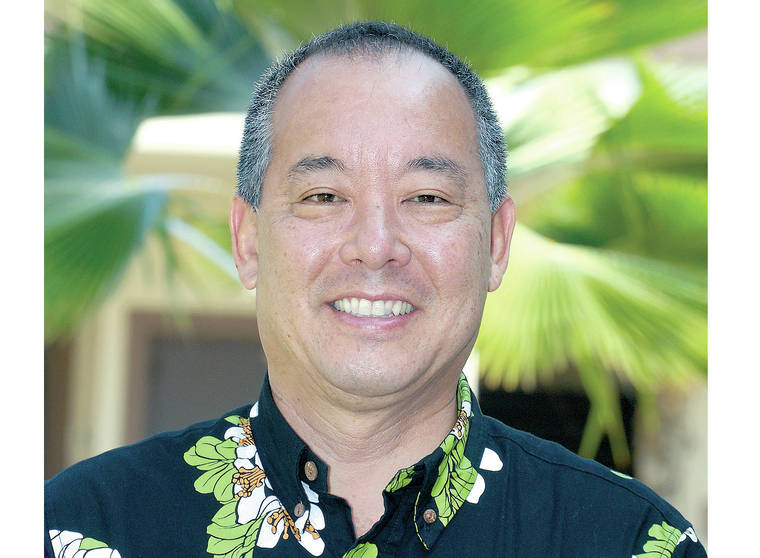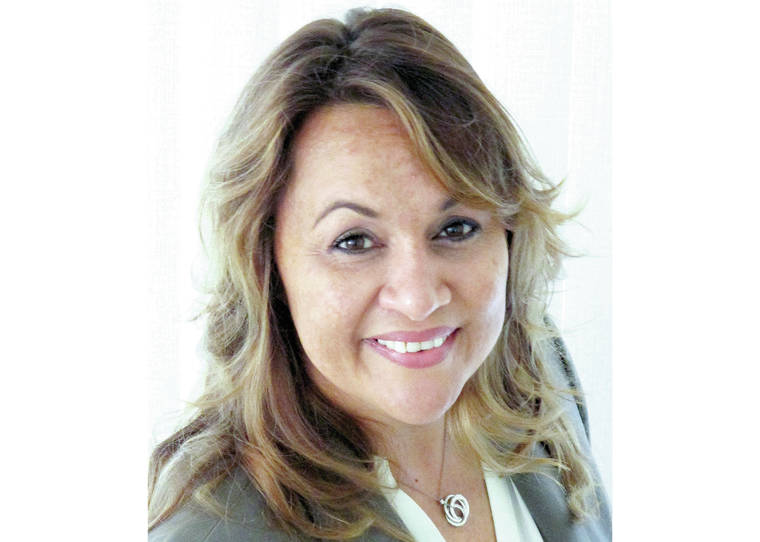Council moves new construction code forward: No building permit needed for window AC




Window air conditioners will no longer need a building permit, and stricter standards will be applied to factory-built homes under amendments to the building code considered Wednesday by the County Council.
Bill 179 has one more hearing, scheduled for Aug. 5, before heading to the mayor for approval or veto.
An amendment voiding the current law requiring a building permit even for the typical window air-conditioning units purchased at a retail store was quickly approved by council members, who asked aloud how that had even gotten into the building code. County Building Division staff said the requirement had been put into the law years ago as a way to ensure the unit didn’t restrict emergency egress.
But Council Chairman Aaron Chung, of Hilo, said government can do only so much.
“The county can’t be all things to all people. … There is a potential for harm, I guess,” he said. “We can’t just protect everything.”
More problematic for the council was an appendix to the code regulating factory-built housing. The meeting was recessed as Hamakua Councilwoman Valerie Poindexter worked for several hours with Building Division staff creating an amendment clarifying inspections within the factory, before the council approved the amendment Wednesday evening.
Factory-built housing has been in the building code since 2012 with few, if any, such homes being constructed. But plans by HPM Building Supply to make greater use of the structures to help increase the island’s affordable housing inventory concerned Poindexter. Her concerns increased when Deputy Building Division Director said the department had been talking with HPM about the prospect for two years.
“I really think we owe it to these traditional home builders,” Poindexter said. “They’re feeling that we’re favoring the factory-built home buildings over theirs.”
Poindexter at first considered removing the regulations of factory-built homes entirely, but she settled for a last-minute amendment crafted on the fly.
But Hilo Councilwoman Sue Lee Loy, who worked with the Building Division for years to craft the bill, said every other county in the state has the same requirements for factory-built housing.
“Hawaii County now becomes the anomaly when it comes to factory-built housing,” Lee Loy said, adding such changes should be made at the state level.
Christopher Delaunay, manager government relations for Pacific Resource Partnership, which represents union carpenters and construction contractors, said factory-built housing should be held to the same standards as more conventional house-building.
“The proposed construction code must, first and foremost, protect public health and safety, safeguard property, and promote the public welfare by establishing minimum standards applicable to all home builders within the county,” he said. “Codes should not be written to provide special policies for companies seeking to gain an advantage over their competitors.”
Shirley David of Community Alliance Partners said members of the West Hawaii Faith Based Hui to End Family Homelessness have been studying options to house homeless families and increase affordable housing. Factory-built housing is one way to do that, she said.
”Many families are only one paycheck away from losing their homes due to the high cost of housing, illness or job loss. The COVID-19 pandemic has further complicated the situation. We need more entry level and transitional housing,” she said. “Agriculture and livestock operations will be strengthened when families can live on site for easier access, lessening transportation difficulties within our large county.”
The revamped construction code folds in building, plumbing, electrical and energy components. With the 197-page code consolidation comes a streamlining of the permit application and plan review process by consolidating what are currently separate permits from the existing codes into a single permit. Those in the construction industry have long decried what they see as a slow, overly cumbersome, bureaucratic and arbitrary permit process.





